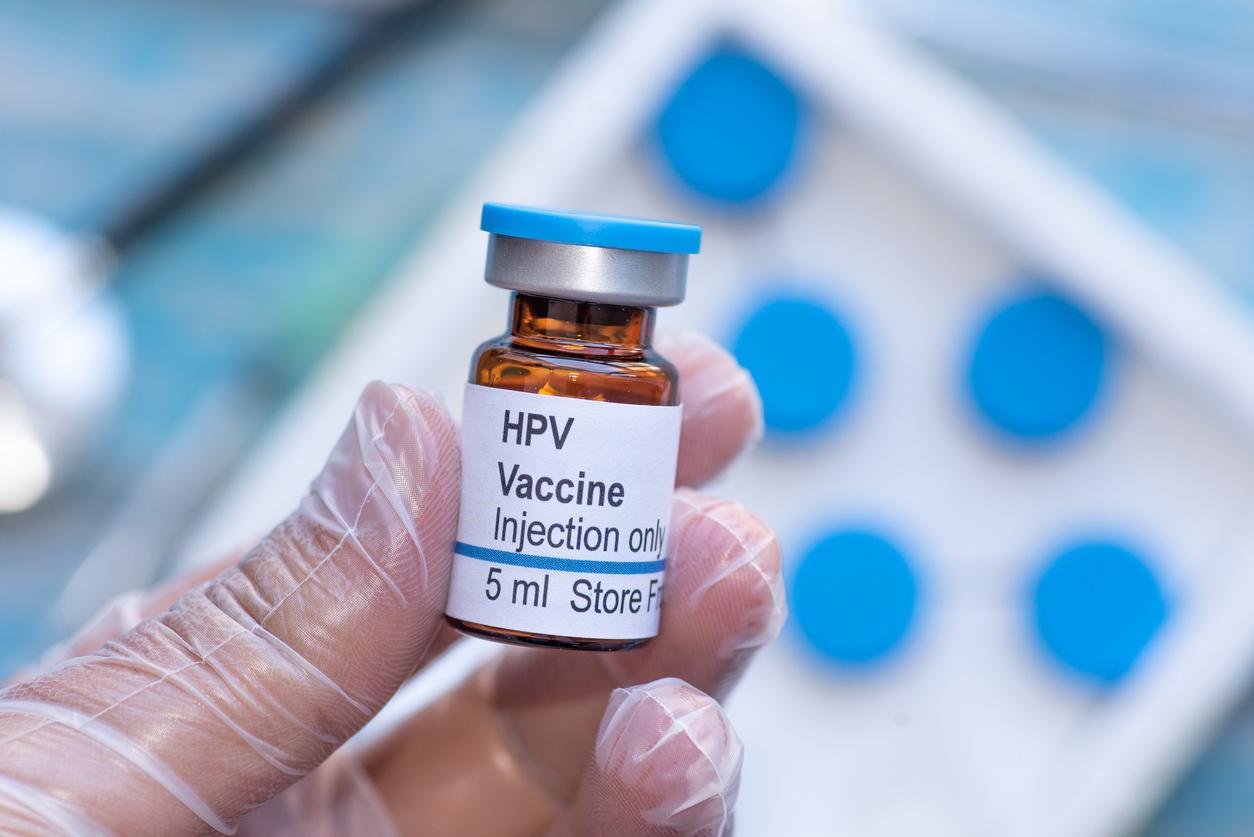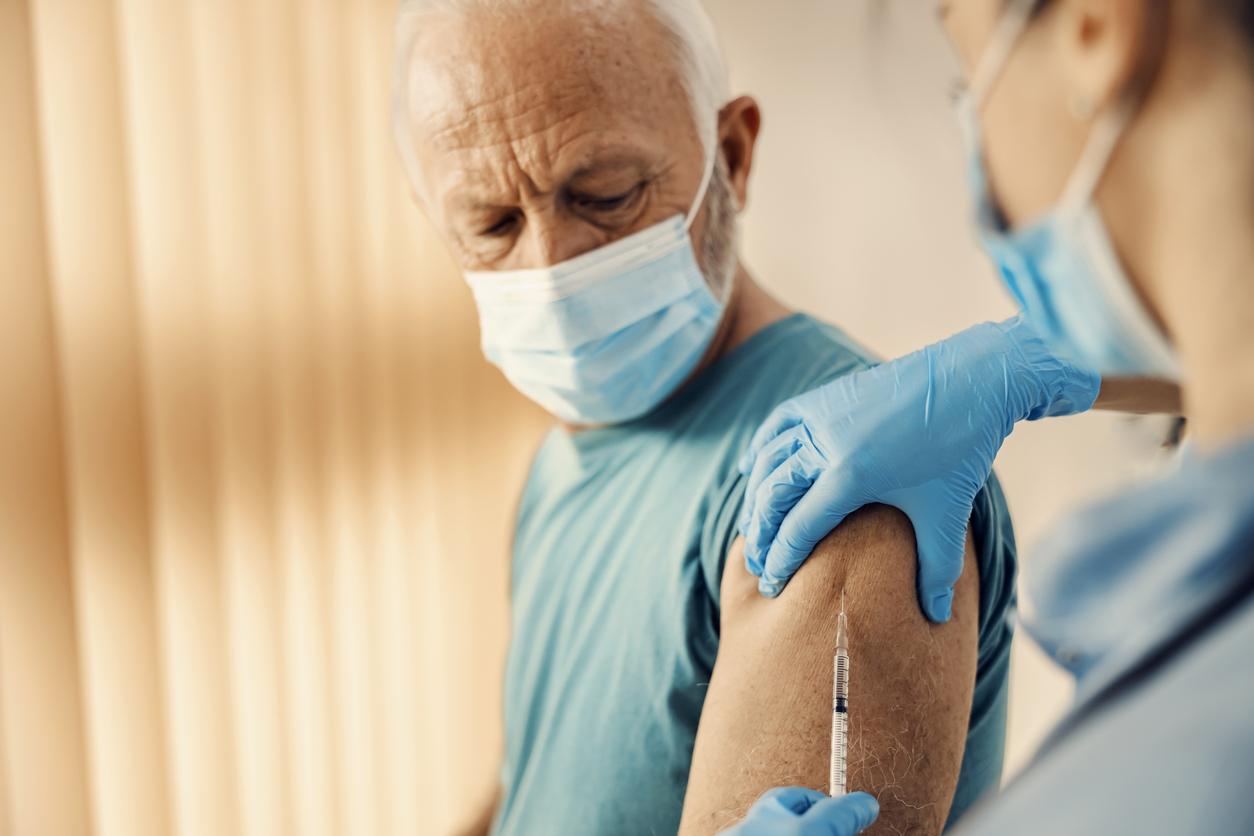A vaccine against cholera, Shanchol ©, could be marketed. A study shows the effectiveness of this vaccine during the epidemic that struck Guinea in 2012.

Hope to overcome cholera epidemics.
A study, published on May 28 in the American scientific journal The New England Journal of Medicine, shows the effectiveness of an oral cholera vaccine, which protected 86% of individuals vaccinated during the epidemic that hit Guinea in 2012.
Conducted by the Guinean Ministry of Health and Epicenter, the research institute created by Médecins Sans Frontières (MSF), this study shows the interest of its use in the control of epidemics, while the World Health Organization ( WHO) is currently building an emergency vaccine stockpile.
“This is the first time that the efficacy of this new vaccine has been documented in a real epidemic situation,” explains Francisco Luquero, principal investigator of the study. We now know that the oral cholera vaccine confers a high level of protection during epidemics, and that vaccination can and should be part of the activities to be put in place when we face cholera, in addition to other control measures. prevention and control ”.
A simple and effective vaccine
Researchers measured the effectiveness of two doses of the vaccine in the first few months after administration. The oral vaccine used, Shanchol © – one of the two oral vaccines currently available and prequalified by the WHO – is particularly suitable for use in developing countries because of its low cost, its relatively simple manufacture, and its reduced dimensions, which facilitate transport and storage.
The Ministry of Health and MSF administered 316,250 doses of the vaccine during two rounds of a vaccination campaign, between April and June 2012. Suspected cases were confirmed using a rapid diagnostic test, then the teams had checked how many of them had been vaccinated. Vaccination with two doses of this vaccine was thus associated with a protection rate against cholera of about 86%.
“We have shown that with good planning and effective awareness-raising in communities, it is possible to rapidly vaccinate hundreds of thousands of people against cholera, in remote areas and despite high population mobility”, specifies the Dr Iza Ciglenecki, responsible for the vaccination campaign in Guinea.
Emergency stocks still pending
In 2010, this oral cholera vaccine was added to the World Health Organization (WHO) recommendations for disease prevention and control. And in 2013, emergency vaccine stocks were created by WHO and its partners. But due to concerns about it, it has yet to be used in the fight against cholera.
“We hope that these results, showing the effectiveness and feasibility of oral cholera vaccination in emergency situations, will help integrate vaccines into the overall response to a cholera epidemic,” explains Dr Rebecca Grais , co-author of the study.
.

















